Science Illustrated delivers natural science, break through discoveries and an understanding of the world for the entire family. Packed with stunning photography and in-depth editorial it’s a visually spectacular gateway to the world looking into the beginning of life to distant objects in the universe.
SUBSCRIBE TO SCIENCE ILLUSTRATED AUSTRALIA FOR YOUR CHANCE TO WIN! • Win A SILENO MINIMO 250 ROBOTIC LAWNMOWER FROM
AUSTRALIAN SCIENCE ILLUSTRATED
Sharpening space: Webb’s first images are revealed
Gotcha! No escape possible for this Gentoo penguin
MEGAQUAKE: Scientists find the biggest earthquake in human history • Deep down in the dry sand of the Atacama desert, scientists believe they have found evidence of an earthquake so severe that people fled the region for 1000 years.
Breed plays a very limited role in your dog’s behaviour • Data from 18,000+ dogs reveals that breed is much less important to a dog’s behaviour than we used to think.
Evidence of the world’s biggest sea monster found in the Alps • Scientists in the Swiss Alps may have found a damaged tooth from one of the biggest carnivorous sea monsters that ever swam the Earth’s waters.
‘TEST YOURSELF’ ANSWERS FROM p82: no peeking!
New device may deliver quick skin cancer scans • A new scanner could use the same technology as airport security checks to identify cancerous skin cells with a success rate of 97%.
GROUNDWATER COULD SPEED THE LOSS OF ANTARCTIC ICE • Australian research has uncovered groundwater beneath the Antarctic ice which may increase glacial loss and the rising of ocean levels.
How the bloodworm got its copper teeth • For a long time, scientists did not know how the bloodworm got its venomous copper teeth, but 20 years of studies have revealed how the creature builds the teeth using a special protein.
Northern Rivers emu numbers down to 60 • A new study hopes to help save an emu population that is geographically and genetically isolated.
Could we use fish guts to monitor the health of the oceans? • The stomach contents and gut microbiome of tuna could be a viable near real-time monitoring tool for changes in oceanic ecosystems.
Greenland climate study may help identify life on Jupiter’s moon • Scientists have high hopes of finding life on Jupiter’s moon Europa, but they have been stymied by the thickness of its ice sheets. But a study of Greenland’s ice sheet indicates that water pockets on Europa may come closer to the surface than previously believed.
Spider monkey habits reveal why humans started drinking alcohol • A group of golden spider monkeys’ preference for overripe palm fruit may explain how humans got into drinking alcohol thousands of years ago.
HUMPBACKS TRADE THEIR SONGS • A study led by University of Queensland scientists has found that New Caledonian humpback whales can learn songs from their counterparts on Australia’s east coast with remarkable accuracy.
People born in the country have better sense of direction • People from rural areas have a better sense of direction, according to new research, which also finds that men may be better at finding their way.
Astronomers spot missing link from the early universe • Scientists have discovered a new object in space that could help explain how quasars and supermassive black holes originated in the early years after the Big Bang.
Why can't Europe stop using Russian gas? • Much of Europe decided that natural gas was the right energy source to bridge the gap from coal and oil to greener-based power generation. But that has left some countries unable to find alternatives to Russian supplies.
Three gas fields supply Europe • Europe receives the majority of its gas through pipelines from Siberia and the Persian...
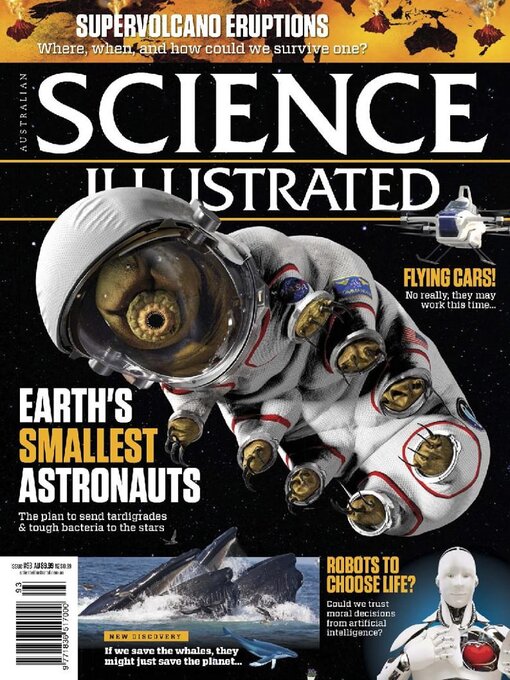
 Issue 111
Issue 111
 Issue 110
Issue 110
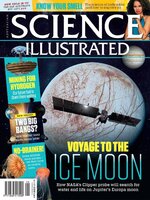 Issue 109
Issue 109
 Issue 108
Issue 108
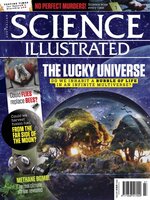 Issue 107
Issue 107
 Issue 106
Issue 106
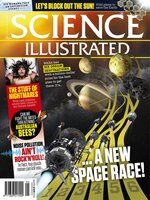 Issue 105
Issue 105
 Issue 104
Issue 104
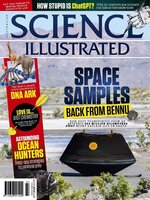 Issue 103
Issue 103
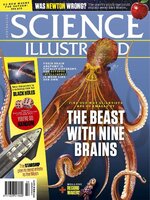 Issue 102
Issue 102
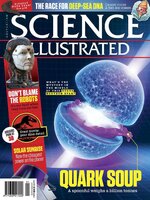 Issue 101
Issue 101
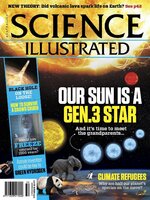 Issue 100
Issue 100
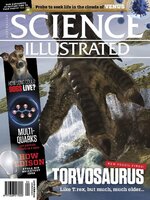 Issue 99
Issue 99
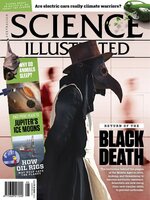 Issue 98
Issue 98
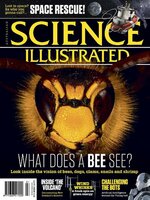 Issue 97
Issue 97
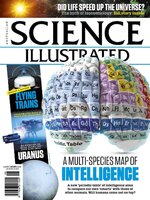 Issue 96
Issue 96
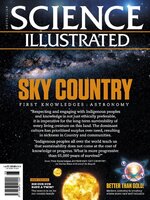 Issue 95
Issue 95
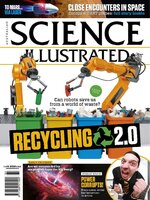 Issue 94
Issue 94
 Issue 93
Issue 93
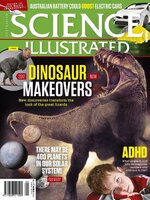 Issue 92
Issue 92
 Issue 91
Issue 91
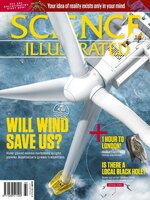 Issue 90
Issue 90
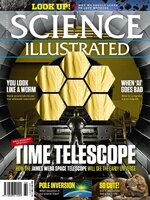 Issue 89
Issue 89
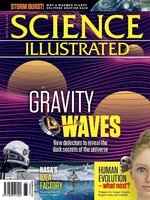 Issue 88
Issue 88
